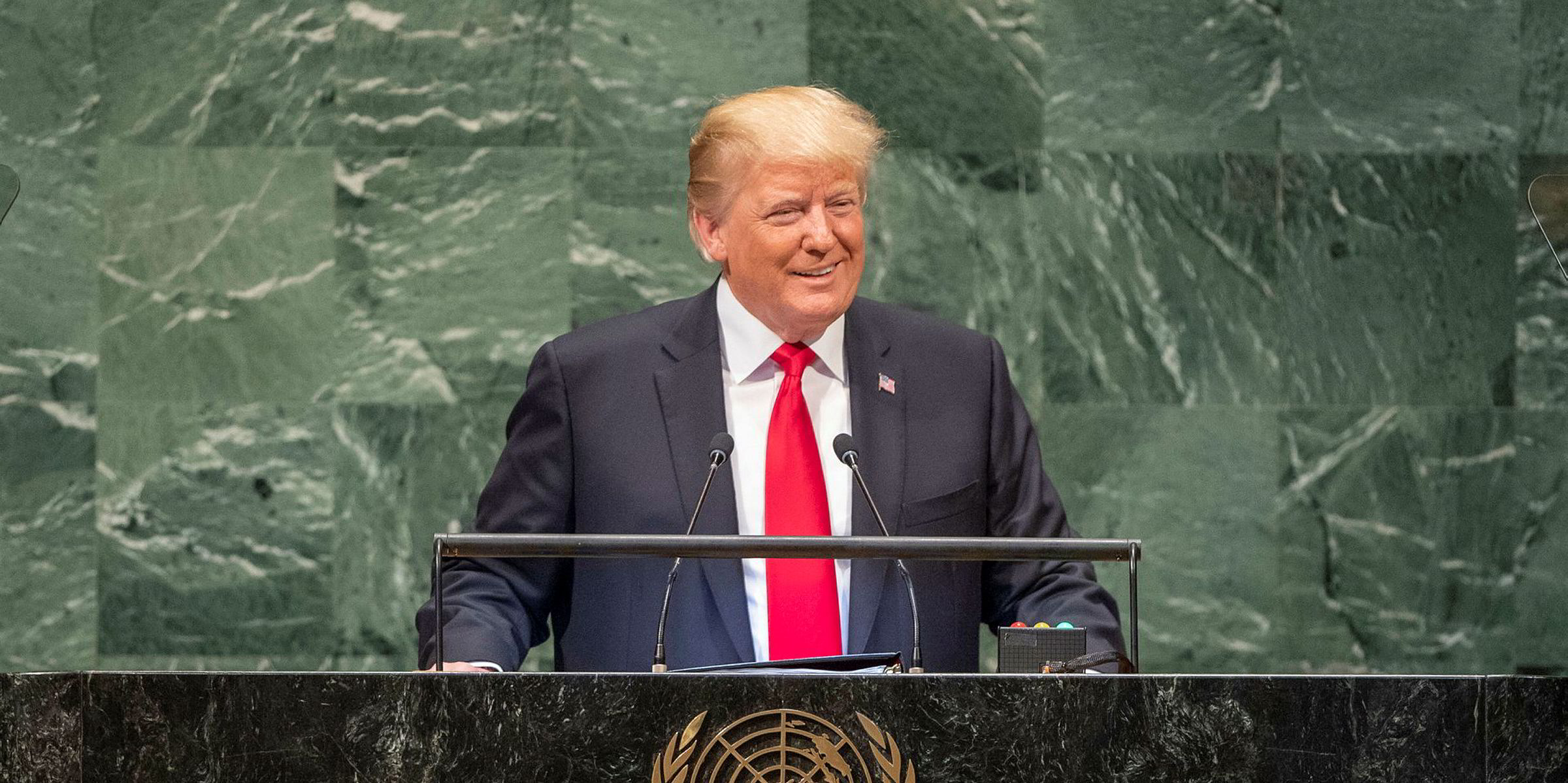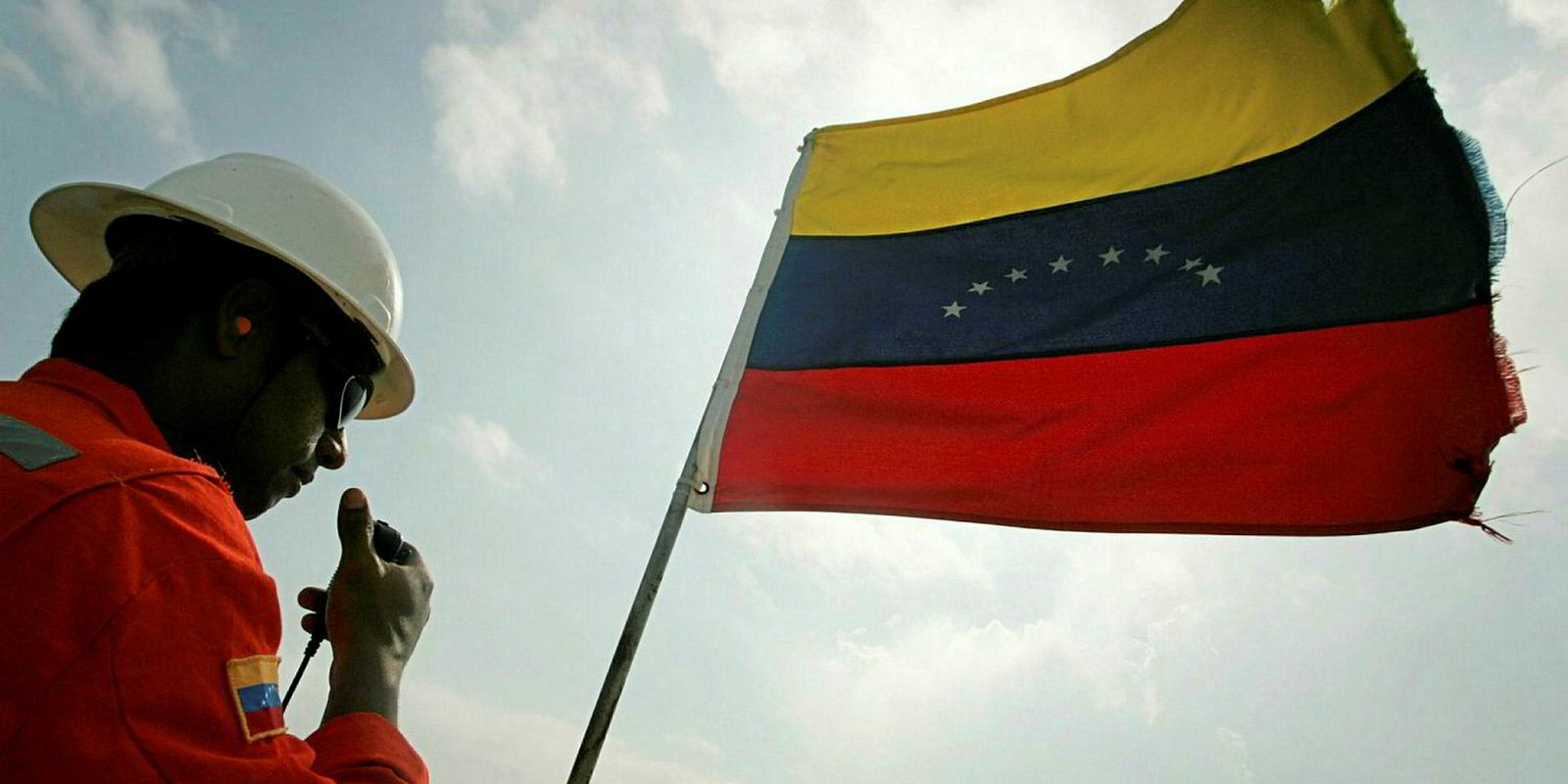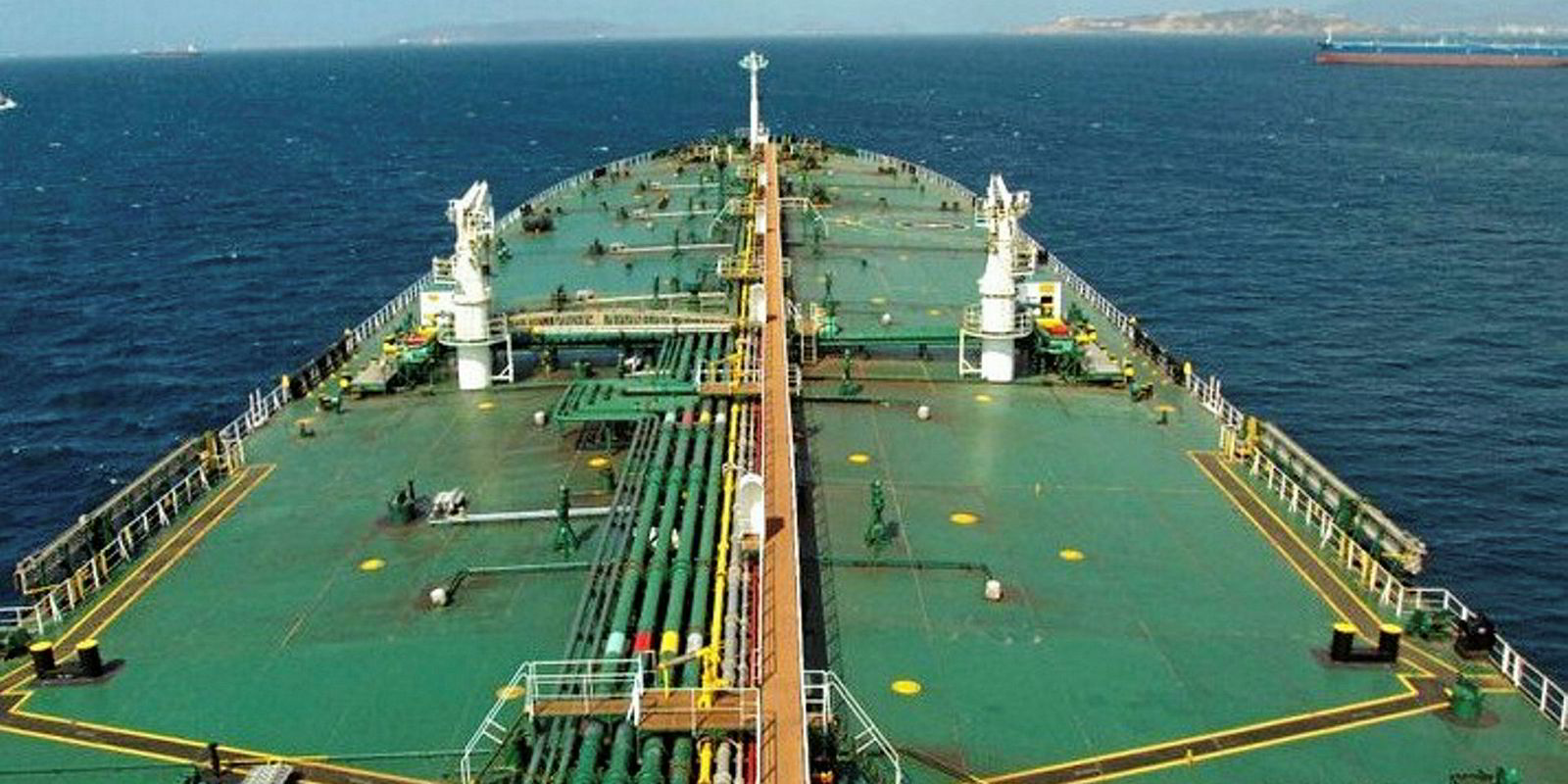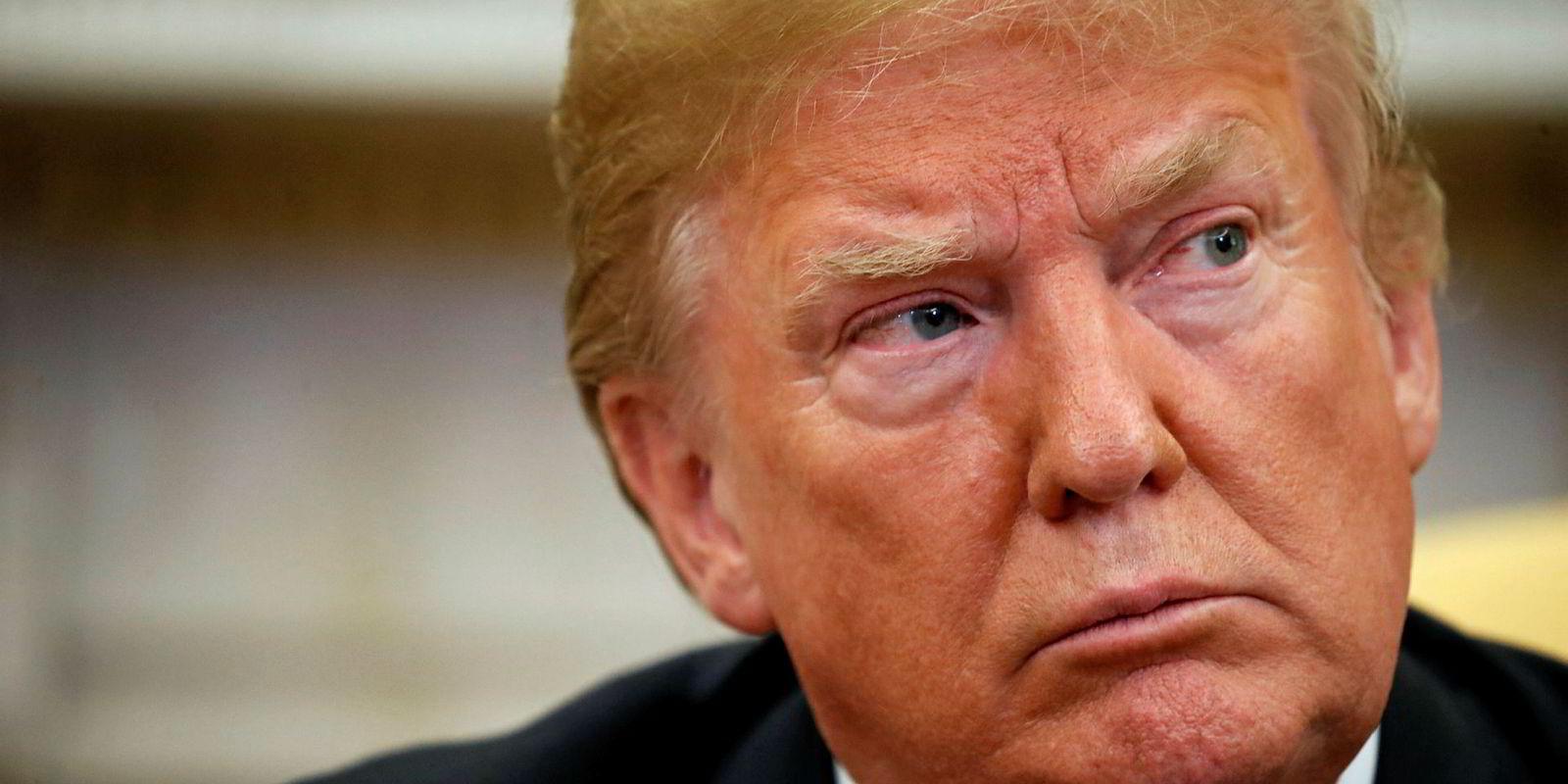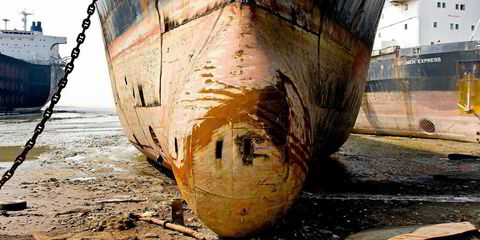Fresh US sanctions slapped on Venezuela’s PDVSA could play out well for the tanker market, experts have said.
In a move seen by some as a de facto ban on US imports of Venezuelan crude, the US treasury department has blocked US entities from trading with PDVSA.
Richard Matthews, head of research at Gibson Shipbrokers, said US refiners would be forced to source some crude from elsewhere at a time when supply is being constrained by Opec cuts.
"The obvious replacement would be Middle East or Canadian grades, but given infrastructure constraints and Opec cuts this is easier said than done," he said.
Matthews believes one possible scenario is US refiners run more domestic grades, even if their quality is not a perfect match for their refineries, potentially limiting export growth.
"On the other hand, we might see more Venezuelan crude head east, which would be tonne mile positive."
Some analysts believe US refiners—which bought 503,000 barrels per day (bpd) of crude from Venezuela last year, according to ClipperData—will hike purchases from Mexico, Canada or the Middle East to fill the supply gap.
“For tankers, the ban on US imports from Venezuela could be quite positive as the average distance is likely to increase,” Clarksons Platou Securities said.
“It’s about 2,100 nautical miles from Venezuela to the US, while the possible replacement for US refiners if sourced from Saudi Arabia would be 12,500 nautical miles.”
“If we said 500,000-bpd crude moved 10,000 nautical miles longer, the effect on tanker utilisation could be 1.8% and lift VLCC earnings by $10,000 to $35,000 per day, our calculation shows.”
However, it remains to be seen whether US refineries would find it profitable to seek barrels elsewhere, as they are also losing Venezuela as a significant buyer of their refined products.
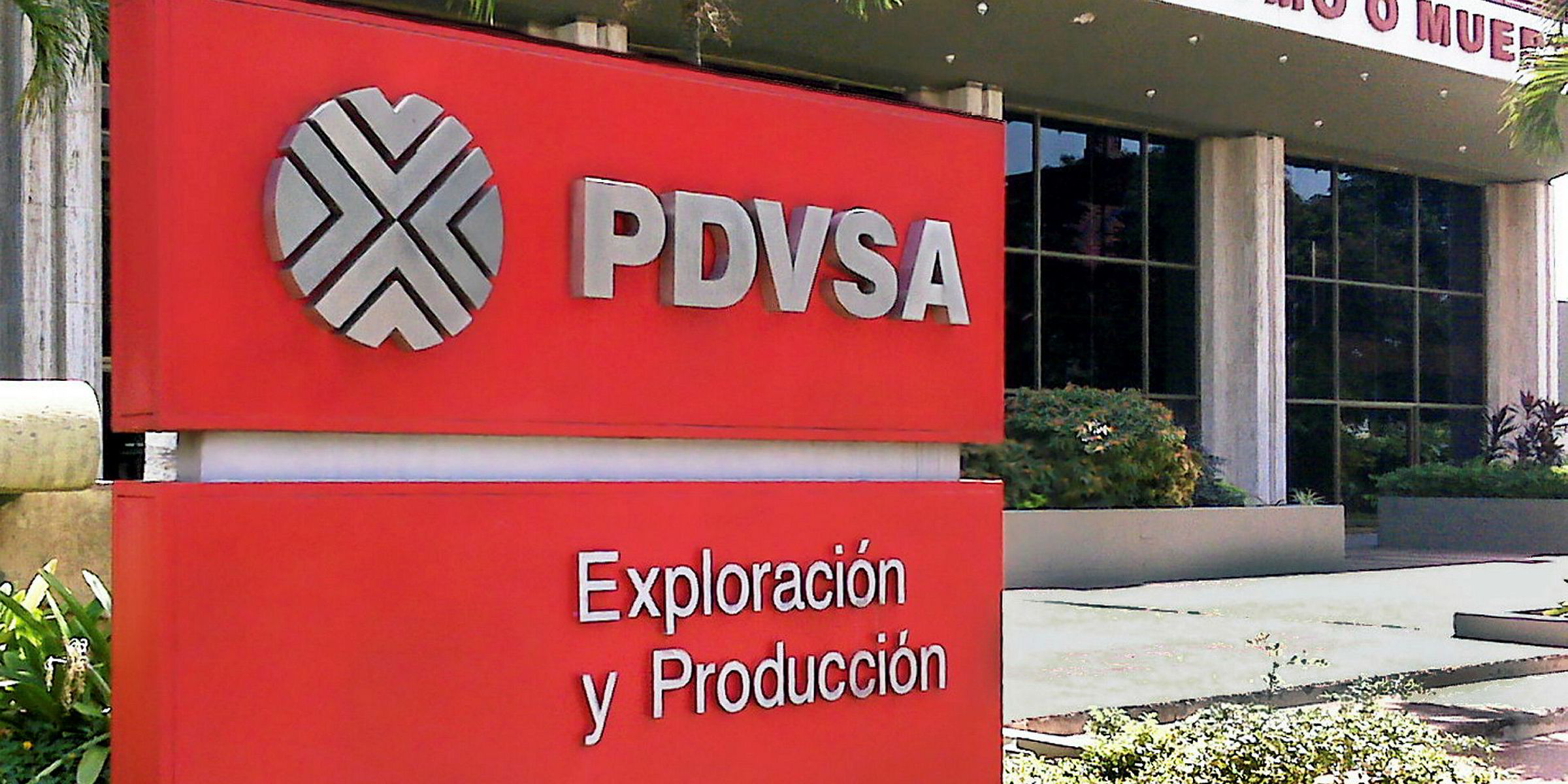
“US refiners would dial back runs,” said VesselsValue analyst Court Smith, painting a more pessimistic scenario for tanker owners.
Some analysts have suggested Venezuela may be forced to increase sales to China and other Asian countries, which would also lead more tonne miles for crude tankers.
However, the US has banned exports of diluents to Venezuela in this round of sanctions, so the country’s extra-heavy crude might struggle to find willing buyers.
The Maduro regime has also not favoured crude sales to China, the third largest Venezuelan crude importer after the US and India, as the shipments are mainly used for debt repayments and could not bring in much needed hard currency.
“Exports to the US are the biggest source of cash to the Venezuelan economy, whilst exports to China tend to be in the form of debt repayments, and those going to Cuba and other 'friendly' nations were almost free gifts,” Banchero Costa’s head of research Ralph Leszczynski said.
“We are getting close to the end game now. Venezuela is really imploding.”
